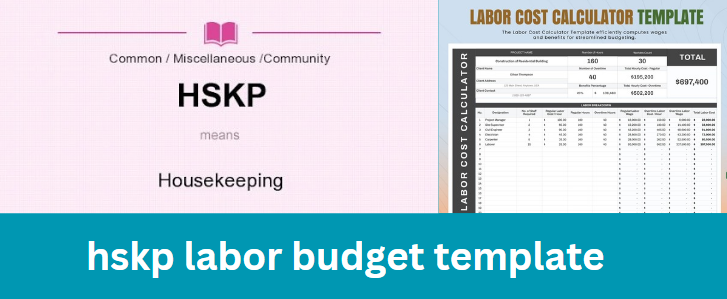Insurance plays a pivotal role in comprehensive financial planning, offering protection against unforeseen events that could derail financial stability and future goals. This article explores the importance of insurance, its benefits, types of coverage, and how integrating insurance into financial planning can safeguard assets and provide peace of mind.
Contents
Understanding Insurance in Financial Planning
Insurance serves as a safeguard against risks by transferring potential financial losses to an insurance company in exchange for premium payments. Incorporating insurance into financial planning strategies helps individuals and businesses mitigate risks effectively while ensuring long-term financial security.
Key Benefits of Insurance in Financial Planning
- Risk Management: Insurance mitigates financial risks associated with unexpected events such as accidents, illnesses, natural disasters, and liability claims.
- Asset Protection: Protects valuable assets, including homes, vehicles, businesses, and personal belongings, from loss or damage.
- Income Replacement: Life insurance provides a financial safety net by replacing lost income and supporting dependents in the event of the policyholder’s death.
- Healthcare Coverage: Health insurance covers medical expenses, reducing out-of-pocket costs and ensuring access to quality healthcare services.
- Legal Liability: Liability insurance shields individuals and businesses from legal expenses and damages in lawsuits related to property damage or personal injury.
Types of Insurance Coverage
- Life Insurance: Provides a death benefit to beneficiaries upon the insured’s death, ensuring financial support for loved ones and covering debts or future expenses.
- Health Insurance: Covers medical costs, prescriptions, hospitalizations, and preventive care, promoting overall well-being and protecting against healthcare expenses.
- Property Insurance: Protects physical assets such as homes, vehicles, and businesses from damage or loss due to fire, theft, vandalism, or natural disasters.
- Auto Insurance: Offers financial protection against vehicle damage, liability for accidents, and legal requirements for drivers in many jurisdictions.
- Liability Insurance: Protects against legal claims and lawsuits, covering defense costs, settlements, and damages resulting from negligence or accidents.
Integrating Insurance into Financial Planning
- Assessing Insurance Needs: Evaluate personal or business risks, financial obligations, and legal requirements to determine adequate coverage levels.
- Choosing the Right Coverage: Compare insurance policies, premiums, deductibles, and exclusions from multiple insurers to find the most suitable options.
- Budgeting for Premiums: Allocate funds for insurance premiums within your financial plan to ensure coverage continuity and financial stability.
- Reviewing Policies Regularly: Update insurance coverage as life circumstances change, such as marriage, childbirth, home purchase, or career advancements.
Importance of Professional Advice
- Consulting an Insurance Advisor: Seek guidance from licensed insurance advisors or financial planners to navigate policy options, understand terms, and optimize coverage based on individual needs.
Conclusion
Incorporating insurance into financial planning is essential for protecting assets, managing risks, and ensuring financial security against unexpected events. By understanding the types of insurance available, assessing coverage needs, and integrating insurance into a comprehensive financial strategy, individuals and businesses can safeguard their future and achieve peace of mind. Insurance not only provides financial protection but also supports long-term financial goals, helping to build a solid foundation for personal and professional success amidst life’s uncertainties.



























+ There are no comments
Add yours